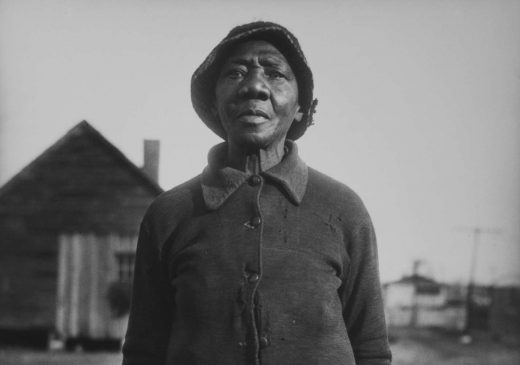
Eudora Welty (artist)
Acerca de
Born in 1909 in Jackson, Mississippi, Eudora Welty attended Mississippi State College for Women in Columbus and then studied at the University of Wisconsin, where she received her bachelor’s degree, and then went on to study advertising at Columbia University in New York. She returned to Jackson in 1931 and worked at a radio station and wrote for the Memphis Commercial Appeal. In 1935, she started working as a Junior Publicity Agent for the Works Progress Administration. At the WPA, she collected stories, conducted interviews, and took photographs of daily life in Mississippi. In 1936 she published her first short story, “Death of a Traveling Salesman,” in Manuscript literary magazine and eventually left the WPA after a few years to become a full time writer. She went on to write for The New Yorker, The New York Times, The Atlantic Monthly, and numerous other publications. She eventually published over forty short stories and five novels. In 1973, she received a Pulitzer Prize for her novel, The Optimist’s Daughter. Her photographs have been published in several books, including One Time, One Place (1971), Photographs (1989), Country Churchyards (2000), and Eudora Welty as Photographer (2009).
Eudora Welty’s iconic images of the South in the 1930s and 1940s bring to mind the photographs of Helen Levitt, Dorothea Lange, and Walker Evans, among others. In comparing Welty’s work to Levitt’s photographs of the Lower East Side of New York City, critic John Szarkowski wrote, “Like those of Levitt, Welty’s photographs do not show us the only truths of her subjects’ lives; perhaps they show us only the rarest and most evanescent truths, in which case we are the more grateful for these proofs of their existence.”ii The Eudora Welty Portfolio will greatly complement numerous photographs in the NCMA collection, including works by Dorothea Lange, Ralph Eugene Meatyard, William Christenberry, Rob Amberg, David Spear, and Zwelethu Mthethwa. Like these other photographers, Welty’s work is part of a long history of portraiture, social realism, and documentary photography, and she captures a specific moment in time and American culture with a tangible sense of humanity and compassion.
De Wikipedia
contenido de la fuenteArtwork by Eudora Welty

